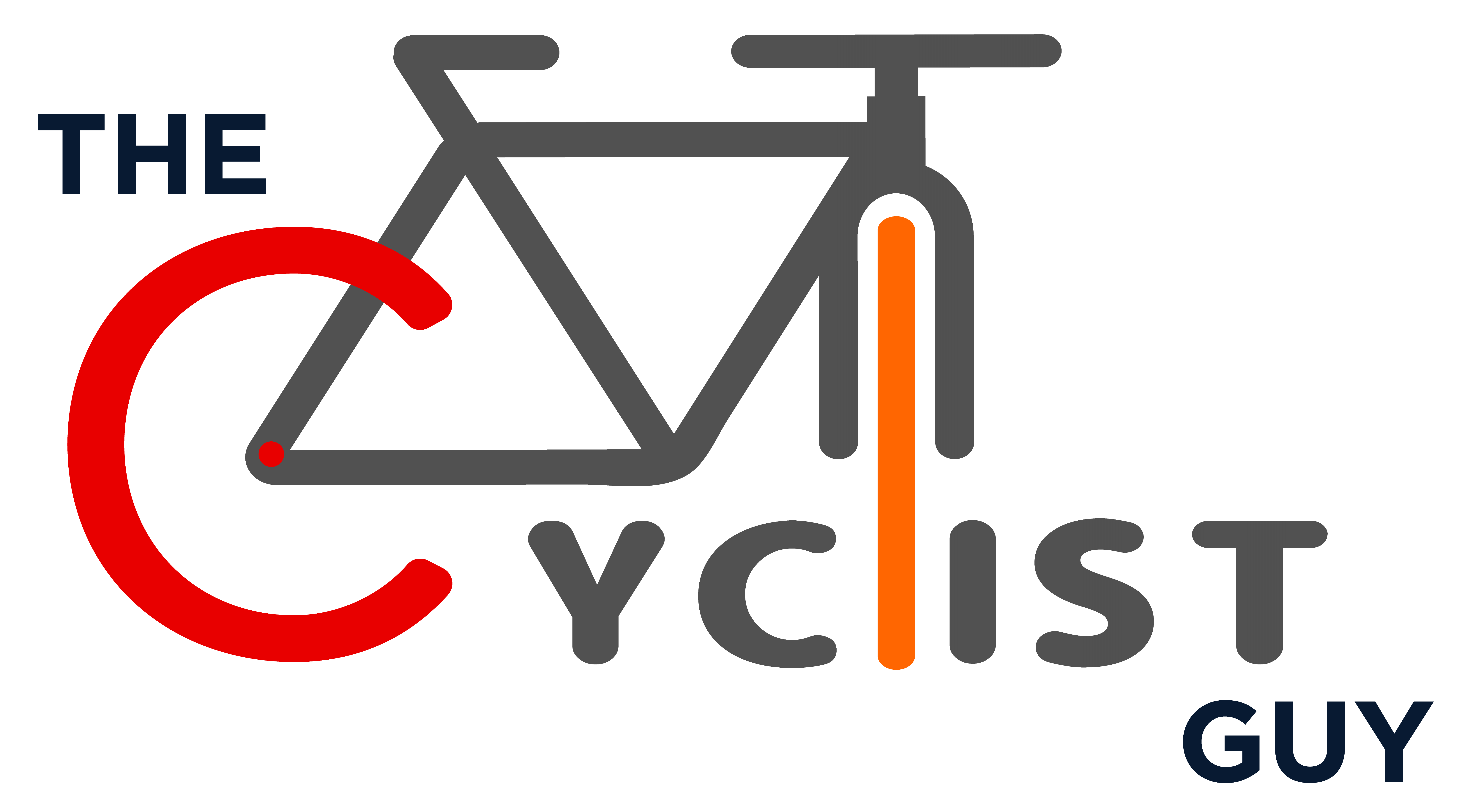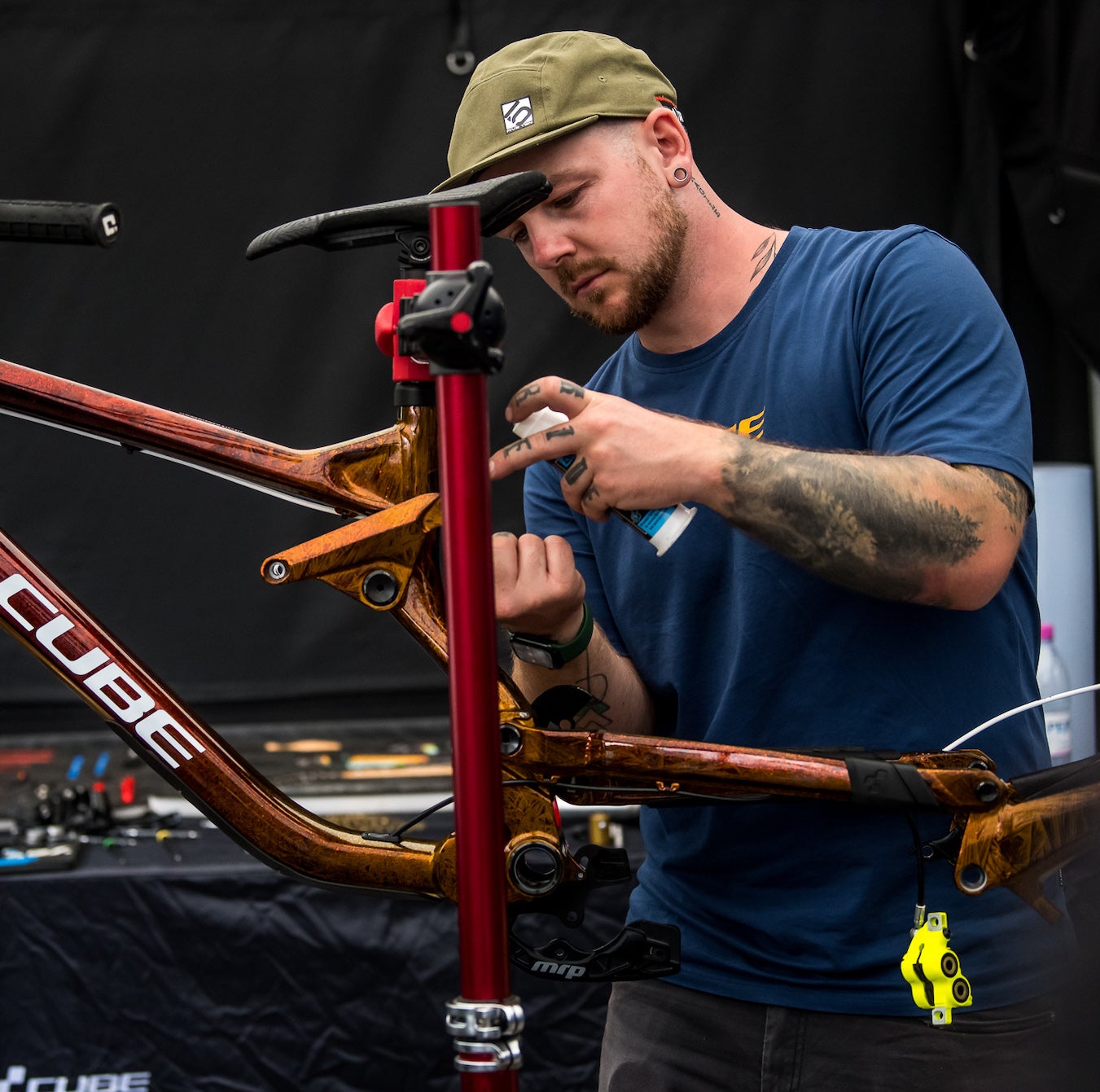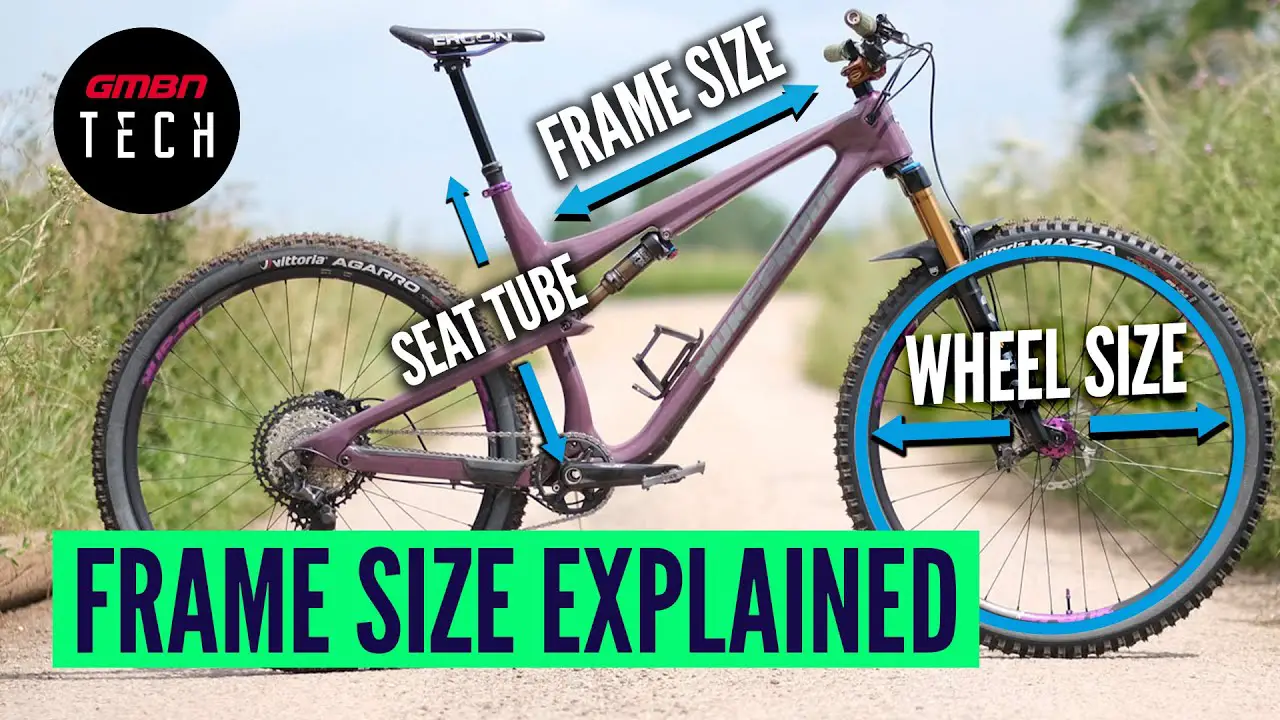Brakes Slipping When Stopping: Ensure Safe Rides!
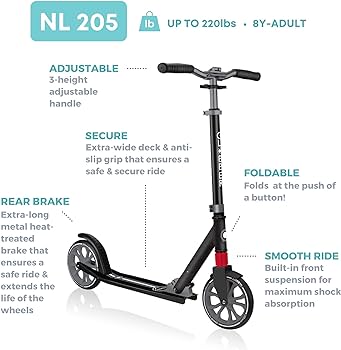
As an affiliate, we may earn from qualifying purchases. We get commissions for purchases made through links on this website. You can read more on our Affiliate Disclaimer here.
Brakes slipping when stopping! Brake slipping during stops can indicate worn pads or oil-contaminated parts. It’s essential to address this safety issue promptly.
Brakes are critical for safe driving, and slipping brakes represent a major concern. This problem often signals worn brake pads, which require immediate replacement to ensure proper vehicle control and safety. Contamination from oil or brake fluid can also cause brakes to slip, necessitating a thorough cleaning or component replacement.
Regular maintenance checks help prevent such issues, as technicians can spot and rectify early signs of wear and tear. Ensure your brakes are in top condition to maintain vehicle safety and performance. Ignoring slipping brakes puts you and others at risk, so immediate inspection and repair by a professional are paramount.
Also Read: How Long do Bike Brake Pads Last

Credit: www.amazon.com
Understanding Brake Slippage
Is your car taking a bit longer to stop than usual? It could be a case of brake slippage. Let’s dive into what this means for your safety on the road.
Defining Brake Slippage
Brake slippage occurs when brakes fail to grip and stop a vehicle effectively. Imagine pressing your foot down only to find the car gliding instead of halting promptly.
Symptoms And Experiences Of Failing Brakes
- Pedal feels spongy or sinks to the floor.
- Car pulls to one side when applying brakes.
- Unusual noises, such as squealing or grinding.
- Reduced response time; takes longer to stop.
The Science Behind Braking Systems And Friction
Braking is a complex process involving friction between brake pads and rotors. When the two make contact, they apply a force that slows wheel rotation, stopping the car.
| Part | Function | Sign of Wear |
|---|---|---|
| Pads | Create friction | Thinning |
| Rotors | Provide surface for pads | Warping |
| Fluid | Transmit pressure | Leaking |
A vehicle’s stop is smooth and swift when all parts work well.
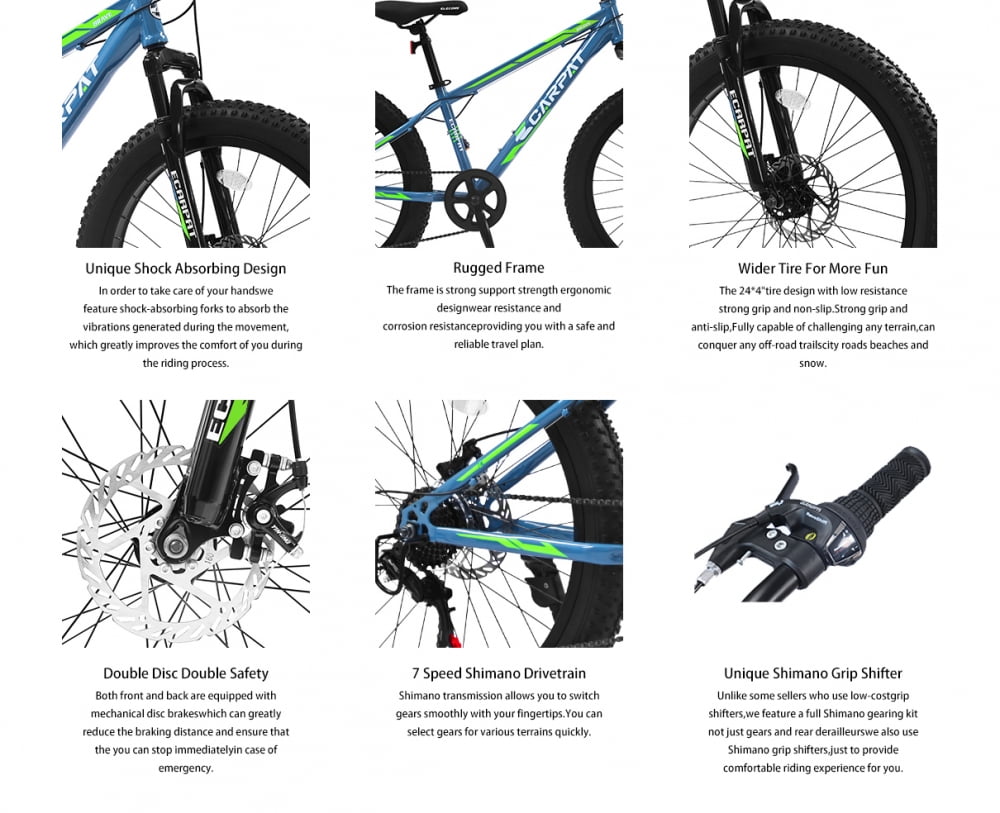
Credit: www.walmart.com
Root Causes Of Brakes Slipping
Experiencing brakes slipping can be a frightful predicament. When a vehicle doesn’t stop as expected, it’s often due to underlying issues with the brake system. Understanding the root causes is essential for maintaining safety. Let’s explore the components that could lead to this risky situation.
Worn Brake Pads Or Shoes
Brake pads and shoes are fundamental to a vehicle’s stopping power. These components experience wear over time. They necessitate regular inspection and replacement. Deterioration below safe thickness levels leads to reduced friction, causing brakes to slip. Signs include squealing noises or a longer stopping distance.
Warped Rotors Or Drums
Rotors and drums work in tandem with brake pads and shoes. Heat and stress can cause them to warp. Warped rotors or drums contribute to uneven braking. This results in a juddering sensation when pressing the brake pedal.
Compromised Brake Fluid And Lines
Brake fluid is the lifeblood of the hydraulic brake system. Over time, fluid can degrade or become contaminated. Leaks in brake lines equally pose problems. These issues prevent proper pressure transfer, leading to a spongy pedal feel and slipping brakes.
Environmental And Road Conditions
External conditions play a role in brake performance. Wet or oily surfaces affect traction. Road debris can impair brake components. Regular checks ensure the braking system adapts well to various driving conditions.
Diagnosing And Addressing The Problem
Experiencing brakes slipping when bringing your vehicle to a stop is unsettling. Properly diagnosing the root cause is crucial for safety and vehicle performance. Let’s explore the process of identifying and fixing this nerve-racking issue.
Professional Assessment And Diy Checks
Start with a professional assessment from a trusted mechanic. They have the tools and knowledge to pinpoint issues quickly. In addition, conduct some DIY checks to understand the condition of your brake system better.
- Check brake pads for wear and tear
- Inspect brake fluid levels
- Monitor for uneven braking
- Listen for unusual noises when braking
Common Fixes For Slippery Brakes
Upon identifying the problem, several common fixes can be applied:
- Replacing worn brake pads
- Refilling or changing brake fluid
- Bleeding air from the brake system
- Adjusting brake pedal linkage
- Cleaning or replacing the brake rotors
Upgrading Brake Components For Enhanced Performance
For those seeking enhanced performance or repeated issues with slippage, consider upgrading:
| Component | Upgrade Benefit |
|---|---|
| High-performance pads | Improved grip and heat dissipation |
| Braided brake lines | Increased durability and brake feel |
| Better quality brake fluid | Higher boiling point to prevent fading |
| Bigger rotors | More surface area for heat management |
Remember, safety comes first. Consult a professional mechanic to ensure proper upgrades.
Preventive Measures And Regular Maintenance
Preventive Measures and Regular Maintenance are key to ensuring your vehicle stops safely and reliably. Brakes slipping when stopping can be a major safety concern. It signals the need for an inspection or adjustment of the braking system. To avoid such dangers, a proactive approach is essential. Let’s dive into how regular upkeep can keep your brakes performing optimally.
The Importance Of Regular Maintenance
Maintaining your brakes is critical to vehicle safety. Like any system, brakes require attention to prevent failure at critical moments. Neglect can lead to increased stopping distances, potential accidents, or costly repairs. Regular brake maintenance is not just a recommendation; it’s a necessity for responsible vehicle ownership.
Tips For Maintaining Your Brakes
- Check brake pads regularly for wear.
- Ensure brake fluid levels are adequate.
- Listen for unusual noises when braking.
- Pay attention to brake warning lights on your dashboard.
- Conduct a visual inspection for signs of damage or leaking fluids.
Scheduling routine inspections with a certified mechanic can prevent most issues. Recommended intervals vary, so check your vehicle’s owner manual for specific guidance.
When To Seek Professional Brake Services
Professional brake services are crucial for complex brake problems. Don’t hesitate to seek a mechanic if you experience slipping, noises, or an illuminated warning light. Trained professionals can diagnose and resolve issues beyond the scope of routine maintenance.
| Brake Issue | Professional Service Needed |
|---|---|
| Unusual noise | Brake pad replacement |
| Soft brake pedal | Brake line inspection |
| Slipping during stops | Brake system assessment |
Staying Safe On The Road
Ensuring your safety on the road is paramount when driving any vehicle, and the brakes are one of the most critical safety components. If you experience your brakes slipping when stopping, it is essential to address this immediately to avoid accidents and maintain full control over your vehicle. Proper driving techniques, understanding the role of advanced driver assistance systems, and being aware of the legal and insurance implications can all contribute to a safer driving experience.
Driving Techniques To Minimize Brake Wear
Adopting smart driving habits can significantly reduce brake wear. Follow these tips to keep your brakes in top shape:
- Coast to decelerate before applying the brakes
- Keep a safe distance from other vehicles
- Avoid sudden stops
- Use engine braking on descents
These techniques help preserve the brake pads and rotors, ensuring they are more effective when needed.
The Role Of Advanced Driver Assistance Systems (adas)
Modern vehicles come equipped with Advanced Driver Assistance Systems that aid in preventing brake slip. Here’s how ADAS enhances safety:
| ADAS Feature | Function |
|---|---|
| ABS (Anti-lock Braking System) | Prevents wheel lock-up during braking |
| EBA (Emergency Brake Assist) | Increases braking power in emergency stops |
| TCS (Traction Control System) | Reduces wheel slip during acceleration |
Consult your vehicle’s manual to understand how your ADAS features work.
Legal And Insurance Implications Of Brake Failures
Brake failures can have serious consequences beyond the immediate risk to safety. Important points include:
- Regular maintenance is a legal requirement.
- Insurance may not cover accidents due to neglected brakes.
- Inspections are crucial for brake system reliability.
Maintain logs of your brake system maintenance to cover legal and insurance bases.
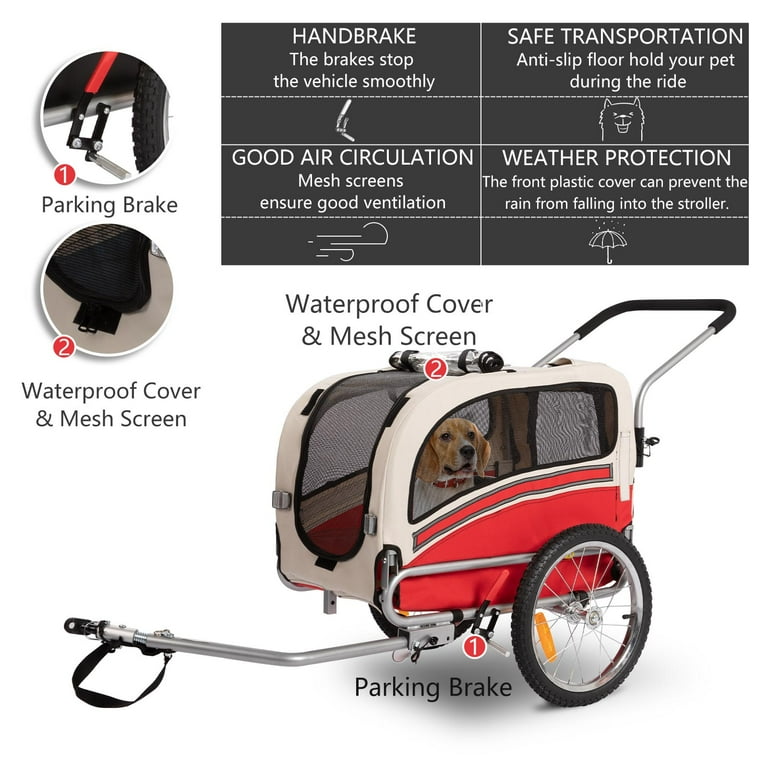
Credit: www.walmart.com
Frequently Asked Questions For Brakes Slipping When Stopping
Why Do My Brakes Shudder When I Stop?
Brake shudder during stops is often caused by warped brake rotors or unevenly worn brake pads. It may also result from loose wheel bearings or suspension components. Regular maintenance can help prevent this issue.
Why Do My Brakes Feel Like They Are Skipping?
Brakes may skip due to worn pads, uneven rotors, or ABS system issues. Regular maintenance can prevent this problem.
Why Do My Brakes Feel Choppy When I Stop?
Choppy braking often results from warped rotors or worn brake pads. Regular brake inspections can prevent this issue.
Why Are My Brakes Grabbing When I Stop?
Brakes may grab due to worn pads, contaminated rotors, or a malfunctioning caliper. Unevenly applied pressure or brake fluid issues can also cause this problem. Regular maintenance checks can help prevent grabbing.
Conclusion
Ensuring your brakes are responsive is crucial for safe driving. Regular maintenance prevents slipping and promotes road safety. If issues arise, seek prompt professional help to avoid accidents. Remember, ignoring brake problems can escalate to costly repairs. Drive safe and keep your brakes in check.

Steven is a professional cyclist and his passion is cycling. He has been cycling for the last 6 years and he loves using bikes while outing as well. Based on his experiences with the different types of bikes; he is sharing his opinions about various bikes so that a beginner can start right away. Find him on Twitter @thecyclistguy Happy Biking.
